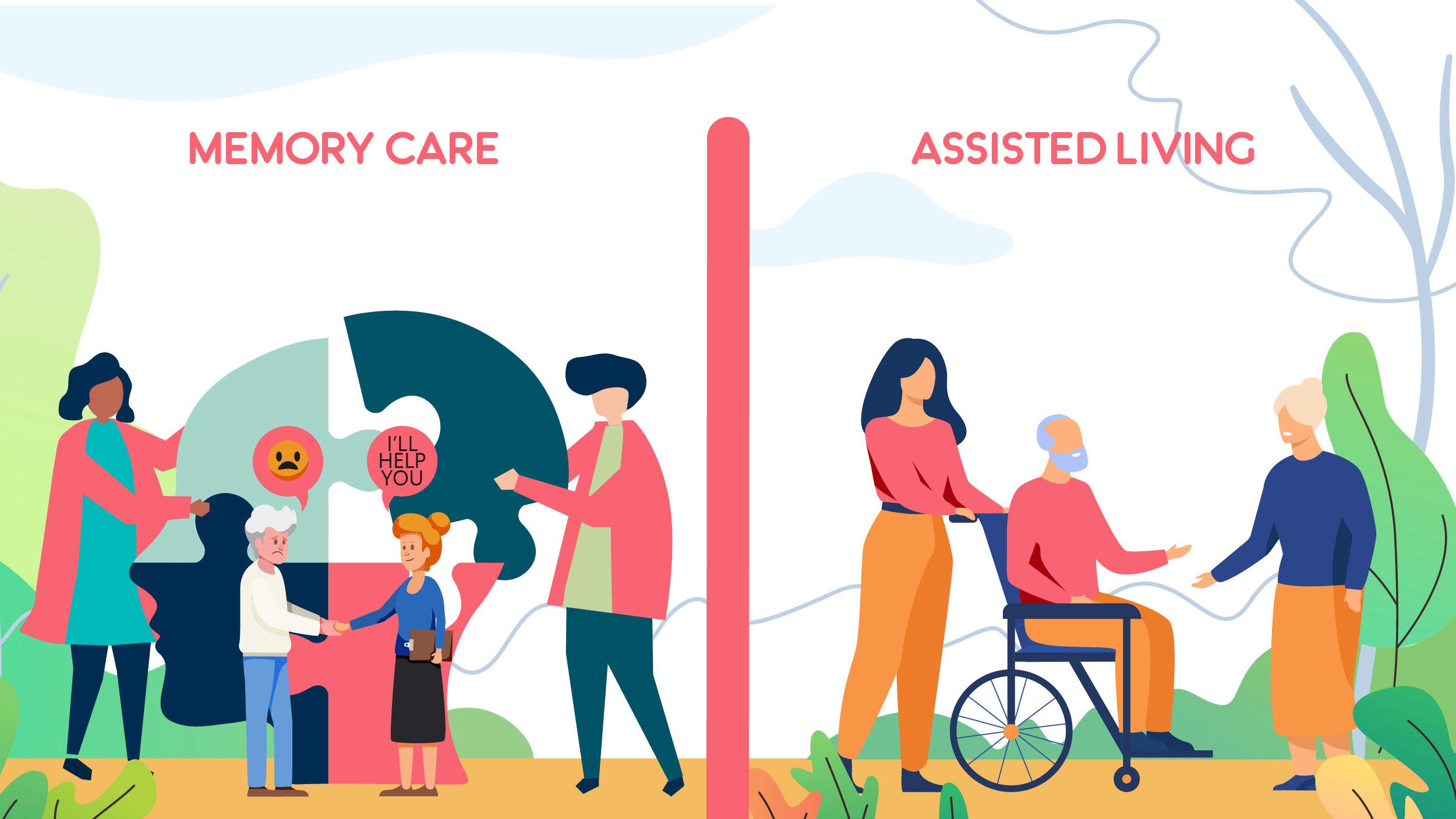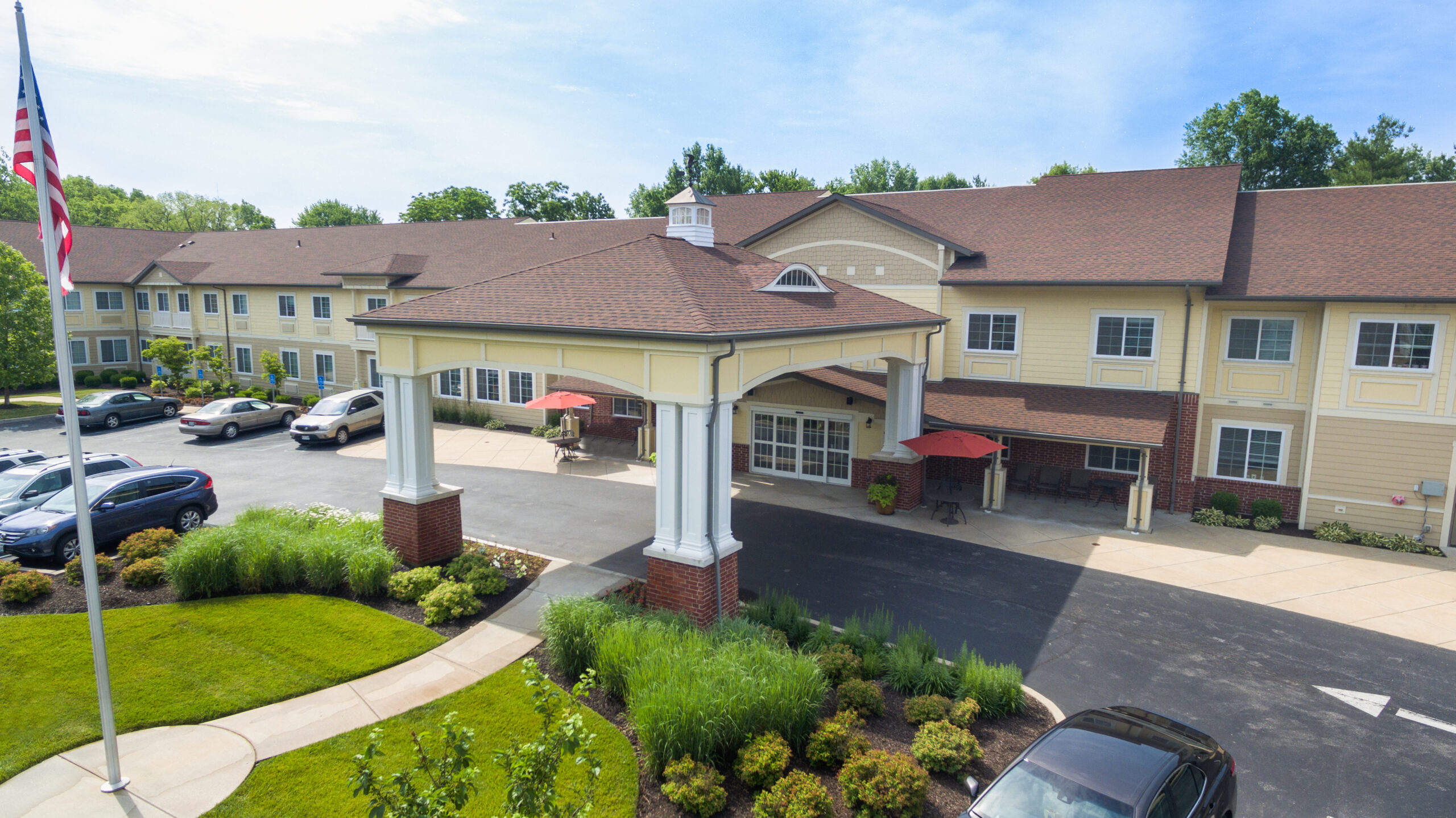Skillfully Managed Programs for Top Quality Alzheimers Care Charlotte Solutions
Skillfully Managed Programs for Top Quality Alzheimers Care Charlotte Solutions
Blog Article
Developing a Safe and Supportive Setting for Alzheimer's Treatment
The production of a encouraging and risk-free environment for individuals with Alzheimer's is critical in enhancing their high quality of life. Discovering these diverse strategies can disclose critical understandings into efficient caregiving techniques that may change the everyday experiences of both caretakers and clients.
Comprehending Alzheimer's Requirements
Frequently, people with Alzheimer's illness exhibit a variety of requirements that require tailored strategies to care. As the condition proceeds, cognitive decline materializes in various methods, impacting memory, thinking, and even the capacity to perform everyday tasks. Caregivers should identify these advancing requirements to give proper assistance and guarantee a greater quality of life for those influenced.
One crucial facet of comprehending Alzheimer's demands is identifying the importance of regular and familiarity. Individuals often find comfort in well-known patterns, which can reduce anxiousness and confusion. Caretakers need to strive to produce structured everyday timetables that integrate significant tasks aligned with the individual's interests and capacities.
Furthermore, reliable interaction is vital. People with Alzheimer's might have a hard time to express themselves or comprehend complicated language. Caretakers need to employ straightforward, clear language, usage non-verbal hints, and technique active listening to cultivate understanding and link.
Caretakers should encourage engagement in community activities or family members celebrations, advertising a sense of belonging and objective. Comprehending these varied requirements is necessary for creating an encouraging treatment atmosphere.
Designing a Safe Home
Producing a safe home for individuals with Alzheimer's illness is important to minimizing threats and advertising independence. The design of the home should focus on security while enabling individual convenience. Eliminate prospective dangers such as loose rugs, sharp items, and mess, which can lead to drops or mishaps. Make certain that pathways are well-lit and clear, as appropriate illumination decreases disorientation and boosts wheelchair.
Incorporating flexible features is also critical. Set up grab bars in restrooms and near stairways, and take into consideration utilizing non-slip mats in damp locations. In addition, utilizing contrasting shades for walls and floorings can assist in identifying rooms, helping to minimize confusion.
Familiarity is very important for people with Alzheimer's. Individualizing the atmosphere with familiar things and pictures can enhance a feeling of belonging and security - Alzheimers Care Charlotte. It is additionally beneficial to have a designated location for day-to-day activities, such as reading or crafting, which can offer framework to their day
Last but not least, applying a safe and secure outdoor space permits for risk-free expedition while getting in touch with nature. By attentively designing the home setting, caregivers can considerably improve the lifestyle for individuals dealing with Alzheimer's disease.
Enhancing Interaction Skills

Non-verbal communication, consisting of facial expressions, motions, and touch, plays a vital duty in communicating compassion and understanding. Keeping eye call and a calm disposition can enhance the comfort degree of the person, promoting a feeling of safety.
Additionally, it is vital to exercise energetic listening. This involves being fully present, revealing patience, and enabling the person to express themselves without interruption. Repetition might be required; caretakers must be prepared to review subjects or concerns, as individuals with Alzheimer's may fight with memory recall.
In addition, making use my review here of visual help or cues, such as photos or familiar items, can assist in acknowledgment and interaction. Inevitably, boosting communication skills has to do with developing depend on and developing an environment where individuals really feel heard, valued, and comprehended, therefore enriching their quality of life.
Encouraging Social Communication
Fostering purposeful social communications can considerably boost the wellness of individuals with Alzheimer's disease. Involving with others not just assists battle feelings of seclusion however also stimulates cognitive function and emotional wellness. Structured social tasks, such as group games, crafts and arts, or music therapy, produce chances for residents to get in touch with peers and caretakers, which can bring about boosted state of mind and minimized stress and anxiety.
Producing an inviting atmosphere that encourages socialization is important. This can be achieved by preparing public areas that help with communication, such as comfy seating locations or activity spaces. In addition, integrating culturally relevant and familiar tasks can stimulate memories and motivate engagement, allowing individuals with Alzheimer's to feel even more linked to their past experiences.
In addition, caregivers should be educated to recognize and promote social interaction among residents. By prioritizing social interaction, we can dramatically enrich the lives of those living with Alzheimer's, promoting a sense of area and belonging.
Supporting Caregiver Well-being

To support caregivers, companies need to use routine training and academic resources to improve their understanding of Alzheimer's condition and caregiving strategies. Offering accessibility to respite treatment services permits caregivers to take essential breaks, reducing stress and tiredness - Alzheimers Care Charlotte. Furthermore, promoting a neighborhood via support system can promote psychological sharing and the exchange of practical recommendations among caretakers, producing here are the findings a network of mutual support
Mental health resources, such as counseling services, can additionally be vital in attending to the psychological toll caregiving can take. By prioritizing caretaker well-being, we produce a more lasting caregiving environment that not just benefits the caregivers themselves yet additionally enhances the total high quality of treatment received by people with Alzheimer's. Inevitably, sustaining caretakers is a vital part in promoting a thoughtful and reliable care setting.
Verdict
To conclude, the creation of a safe and encouraging atmosphere for individuals with Alzheimer's is vital to enhancing their high quality of life. By focusing on safety through thoughtful design, cultivating emotional well-being with acquainted elements, and advertising interaction via structured regimens, caretakers can substantially affect the total experience of those impacted by this problem. Sustaining caretaker well-being is vital, as it eventually adds to a more caring and efficient treatment environment.
Repetition might be needed; caretakers ought to be prepared to take another look at concerns or topics, as people with Alzheimer's might struggle with memory recall.

Report this page